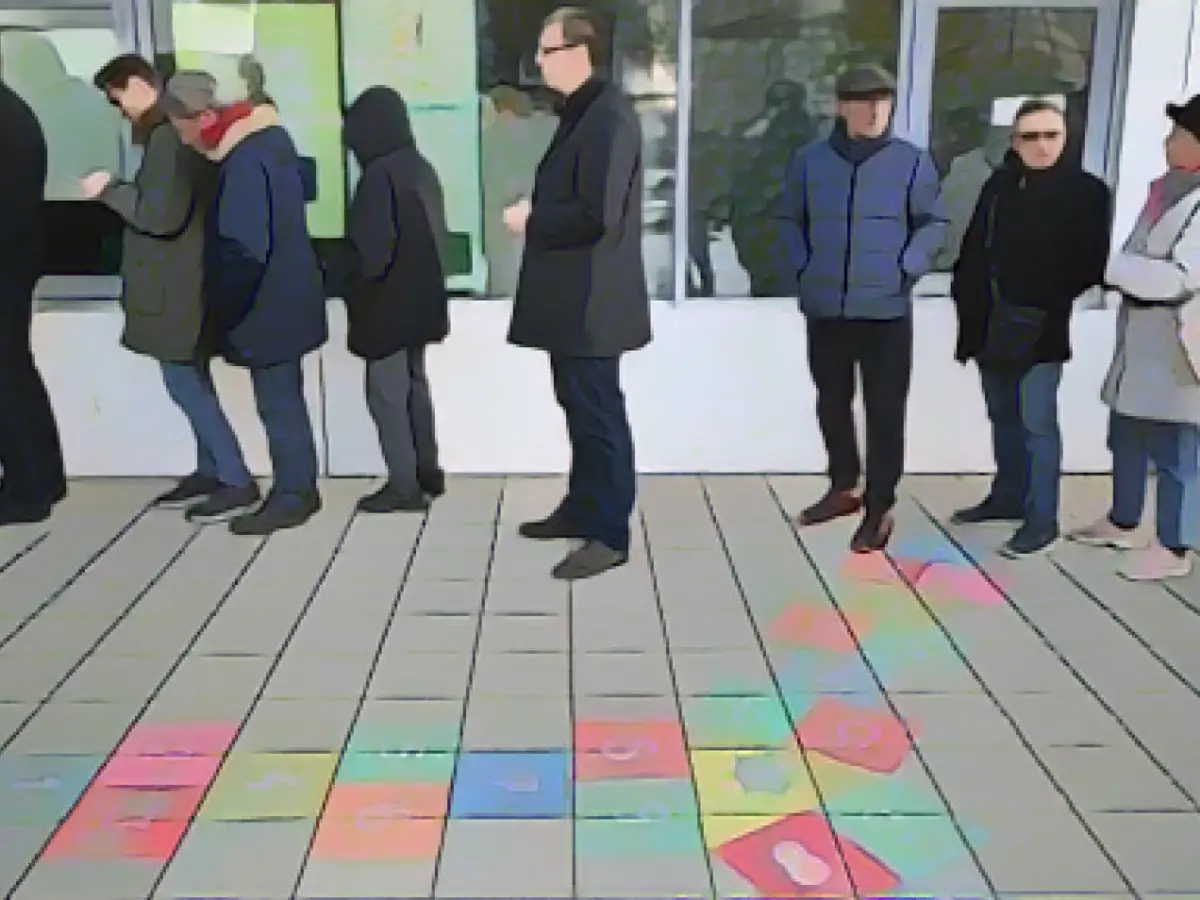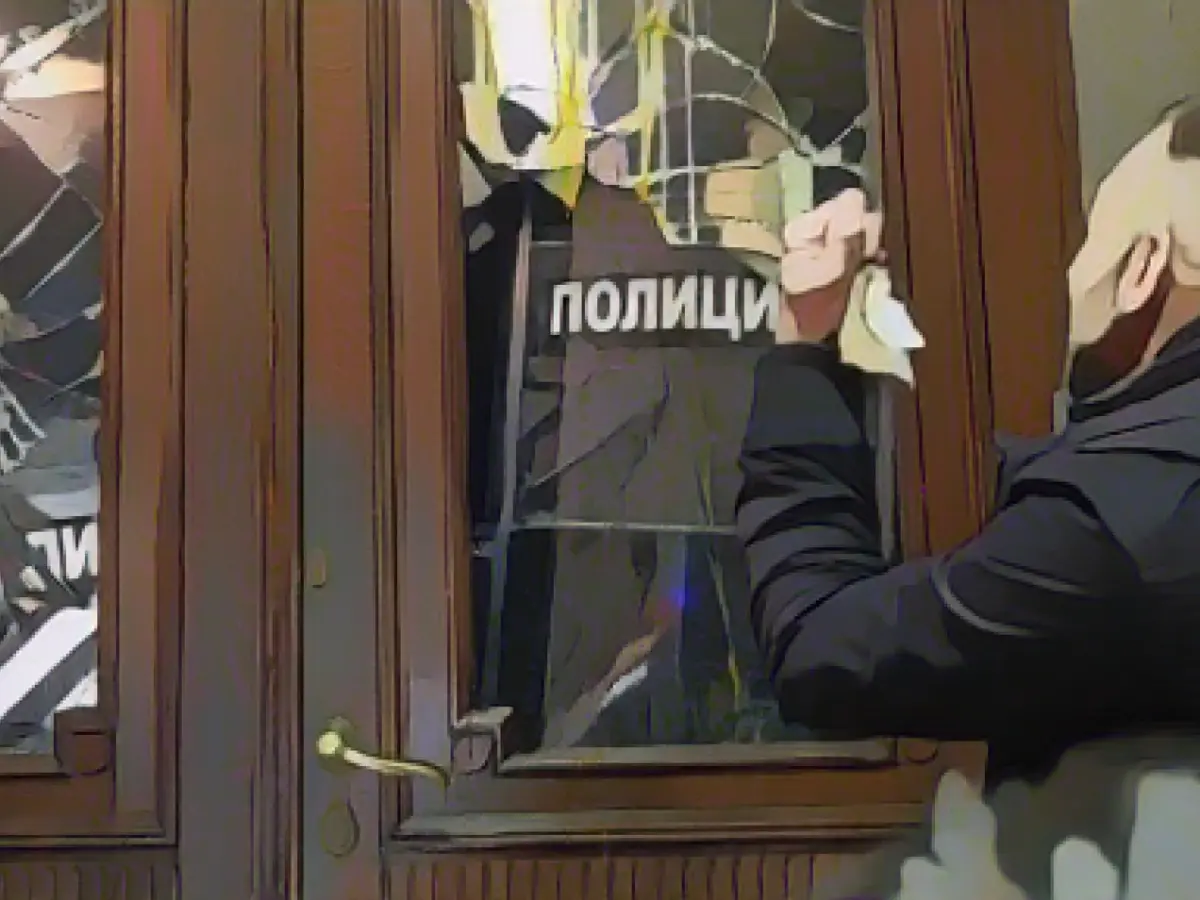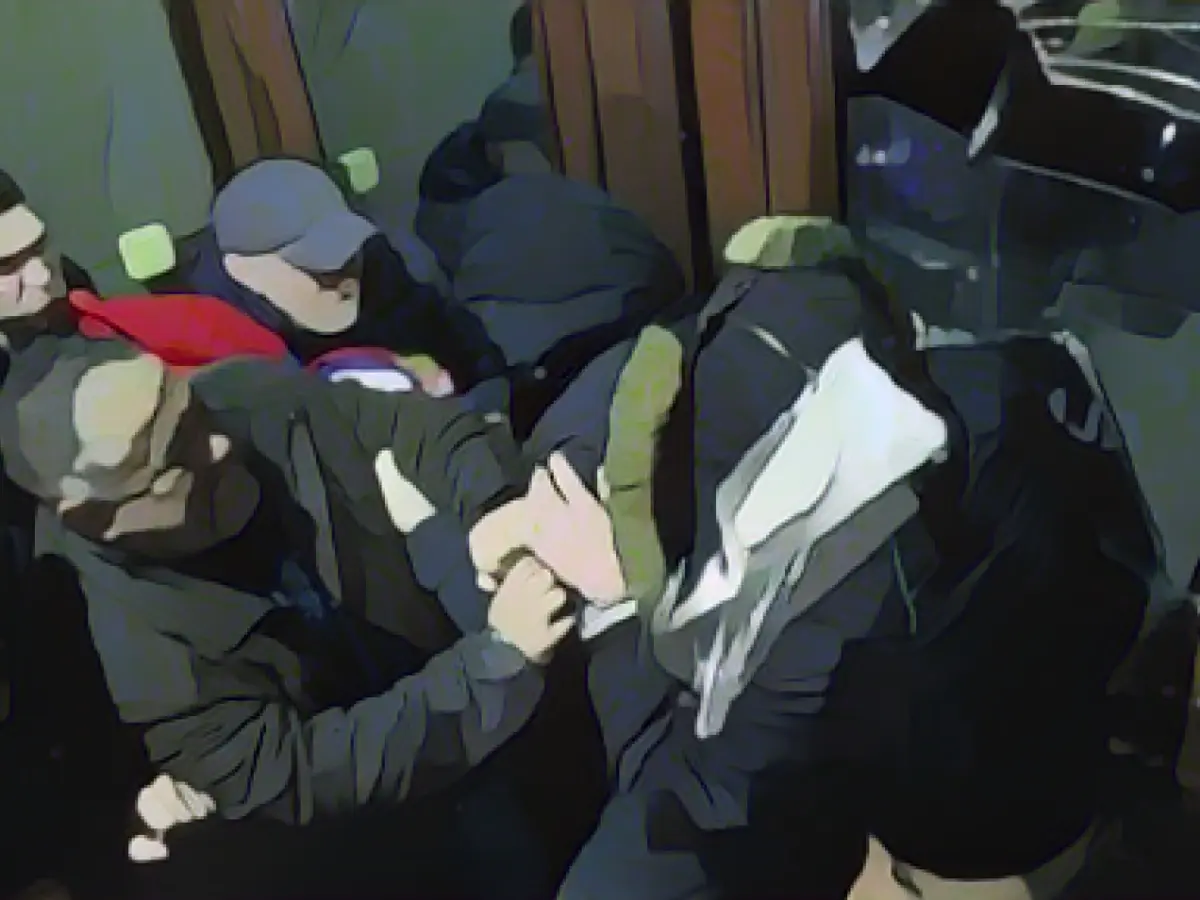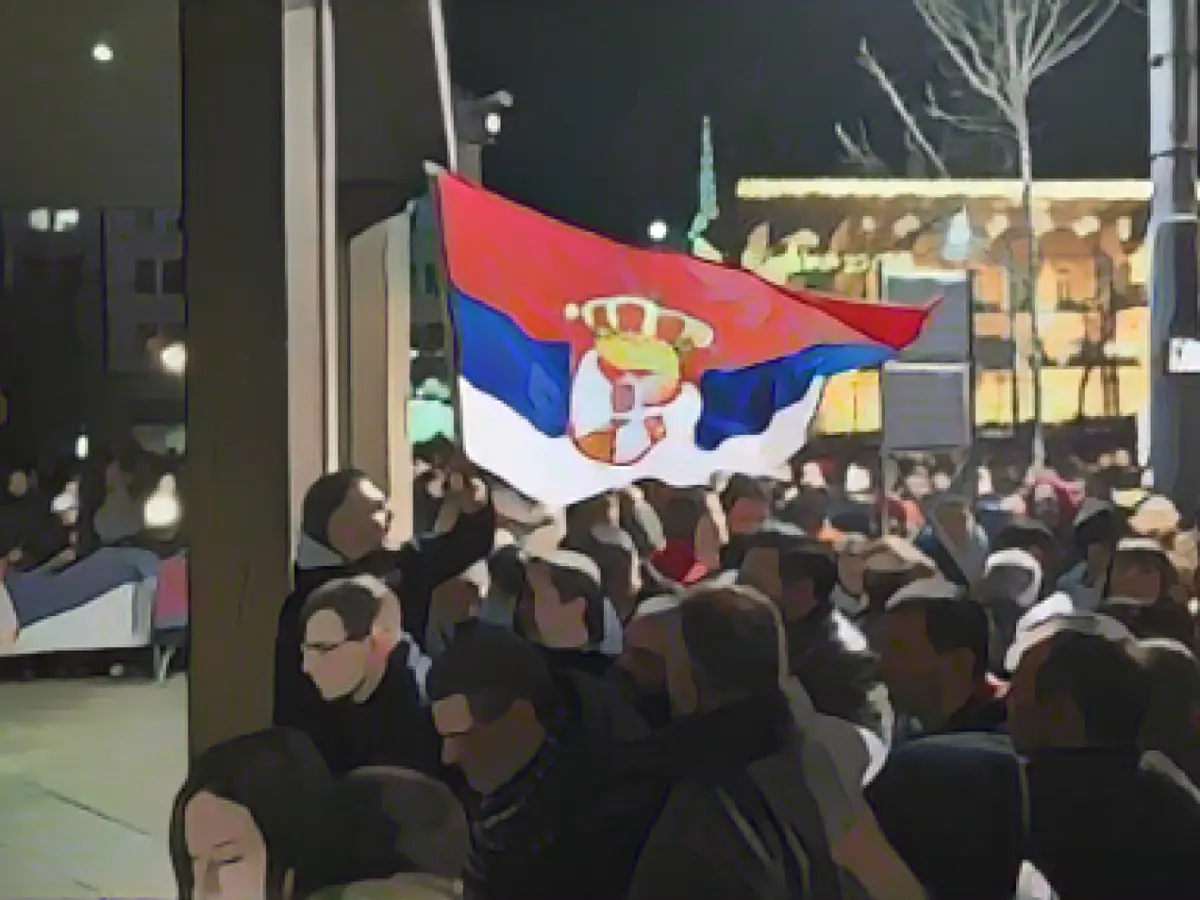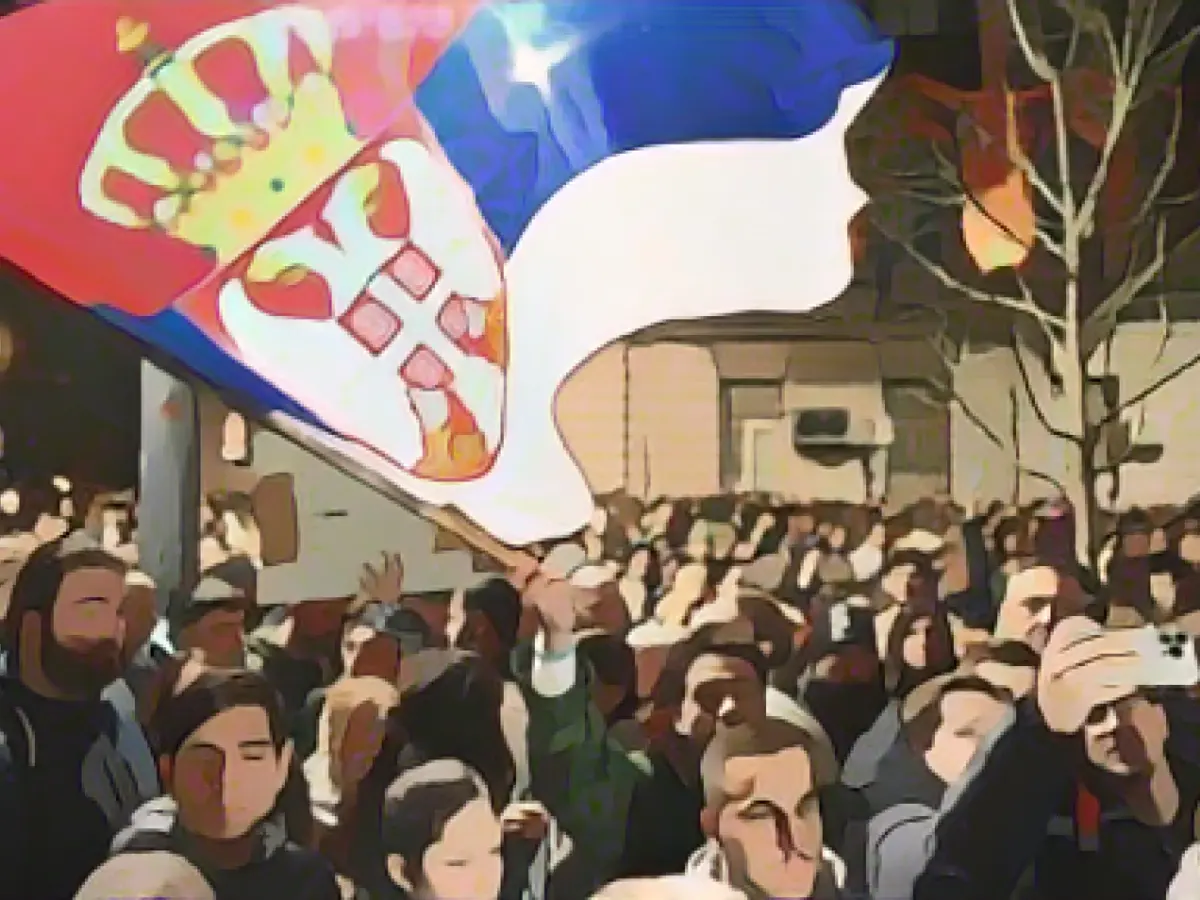With the polling stations closing at 8 PM, the nation eagerly awaited the first election results. The Serbian Progressive Party (SNS), led by President Aleksandar Vucic, was poised to secure a substantial victory, potentially garnering 40 to 45% of the national vote, as predicted by polls[2].
The SNS's main competitors were the loosely aligned opposition movement, Serbia Against Violence. Emerging from the mass protests following two deadly spring shootings, the movement accused the government of fostering a culture of violence, even with the media it controlled[2]. As the protests evolved, they grew to encompass dissatisfaction with the government's policies as a whole[2].
Vucic dismissed the demonstrations as a foreign conspiracy, choosing to discredit the opposition[2]. However, the people of Serbia grappled with another pressing issue – skyrocketing inflation. With a rate of over 15% in the spring and still hovering at 8% in November[2], Vucic's government responded with reckless spending[3].
In October, they boosted pensions by 5.5% and announced further increases for early 2024[3]. To further alleviate the financial burden, the government granted a 20,000 dinar (170 euros) bonus to all pensioners, a considerable sum considering the average pension of 320 euros per month[3].
On Sunday, over 6.5 million Serbs were called to cast their votes, with a midday turnout of 42%, mirroring the 2022 election figures[4]. Hundreds of Serbs from Kosovo crossed the border to vote in Serbia, as Belgrade and Pristina failed to reach an agreement regarding voting in Kosovo[4].
Vucic expressed optimism for a high turnout and a landslide victory on Sunday morning[4]. The president voted in Belgrade, where opposition parties hoped to emerge as the strongest force[4]. Serbia Against Violence candidates were well-positioned in Belgrade's local elections, taking place concurrently[4].
Opposition politician Dobrica Veselinovic from the Serbia Against Violence alliance called for a high voter turnout and the freedom to express their will in the capital[4]. In Belgrade, the opposition alleged numerous irregularities, such as entire busloads of voters from outside the city being brought in to cast their ballots[4].
Prime Minister Ana Brnabic dismissed these accusations, maintaining transparency in the election process on the X, formerly Twitter[4]. Election observers from the Center for Research, Transparency, and Accountability reported irregularities in Odzaci, a small town in the northeast, with dozens of ballot papers being transported illegally from party offices to other polling stations[5].
Vucic, having first assumed office in 2014, has called for new parliamentary elections on several occasions[6]. Critics argue that by doing so, the President is circumventing the opposition's growth, as SNS-led government cabinets rarely see their full legislative term[6].
After an intense election campaign, Vucic's Party of Serbia secured an impressive victory, winning 120 out of 250 parliamentary seats in the 2022 parliamentary and presidential elections[6]. With a potential expansion of their parliamentary majority, the party aims to tackle Serbia's challenges and improve the living conditions of its citizens[6].
[1] BBC, 2023. (n.d.). Serbia election: Opposition protests over poll results. BBC News. [2] Stern, 2023. Retrieved March 13, 2023, from https://www.stern.de/politik/europa/serbien-parlamentarwahl-alexandar-vucic-sns-prueft-mit-7-prozent-hoher-prozent-an-besteuerung-muss-6404022-anzuschauen.html [3] The Guardian, 2023. Serbian election: Voters face soaring inflation as Alexsandar Vucic's SNS seeks fourth term. The Guardian. [4] DW, 2023. Serbian president calls for "high turnout" ahead of political heavyweight poll. DW. [5] Al Jazeera, 2023. Serbia election: Observers report irregularities, opposition complains of 'buses' with foreigners. Al Jazeera. [6] The Guardian, 2023. Serbia election: Vladimir Putin and pro-Russian ultranationalists pose danger to 'European future', says opposition leader. The Guardian.
